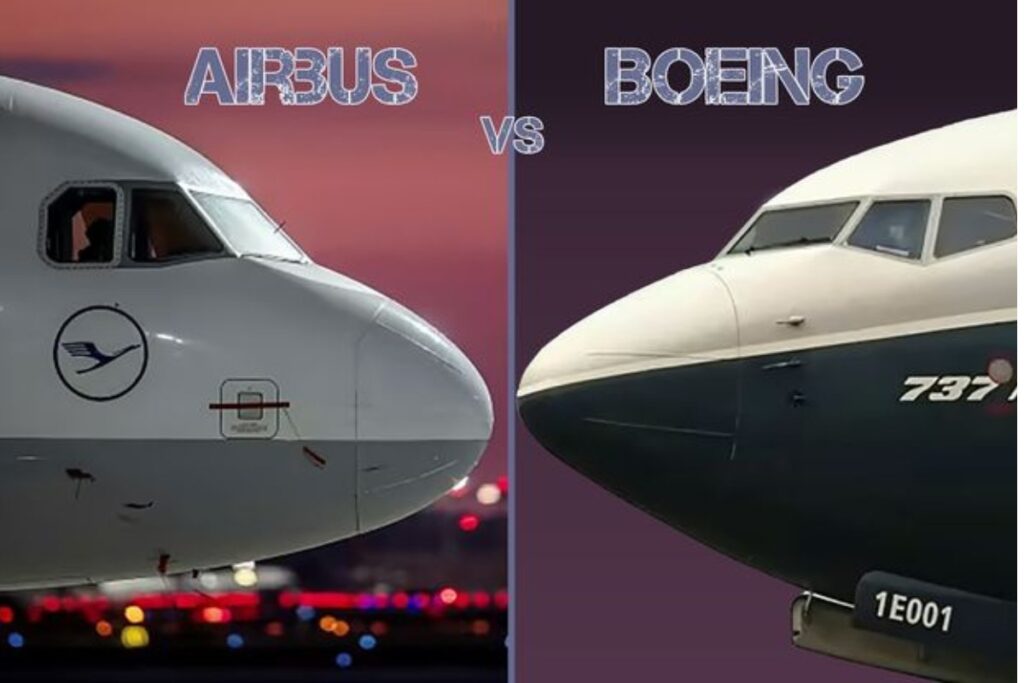At the biggest event of the year, the aerospace industry gathered in the hopes of new developments and witnessed an influx of orders. However, the anticipated excitement was dampened as Airbus and Boeing, the aviation giants, encountered a challenging landscape marked by supply chain problems and muted orders.
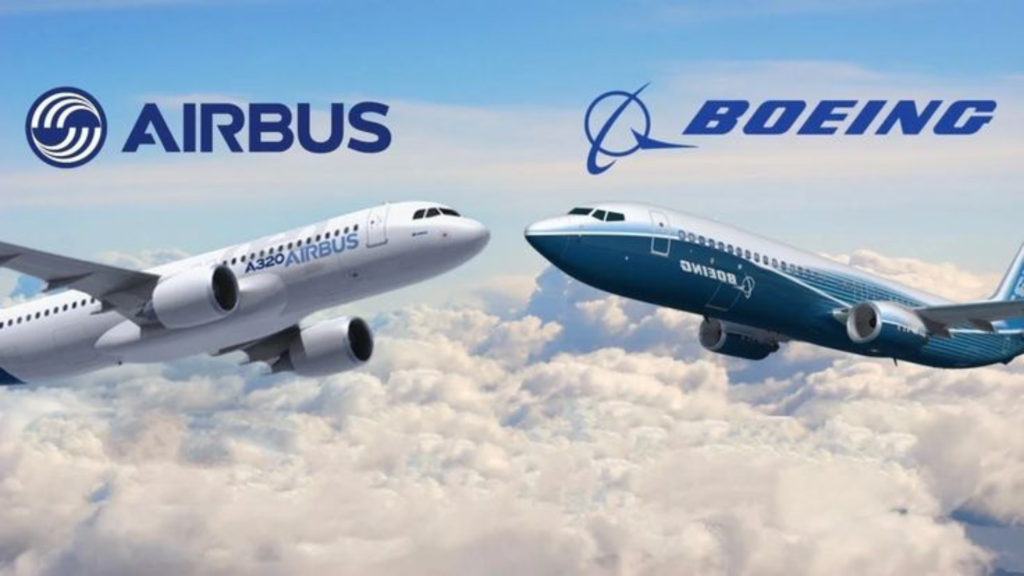
The air show, which usually indicates the industry’s state, revealed the ongoing challenges that these two major manufacturers are facing.
Is Airbus Benefiting From Boeing?
Recently, it appears that Airbus has overshadowed Boeing and benefited from Boeing’s struggles, especially those tied to the 737 MAX crisis. The European aerospace company has capitalized on the gaps left by Boeing’s production suspensions and regulatory obstacles.
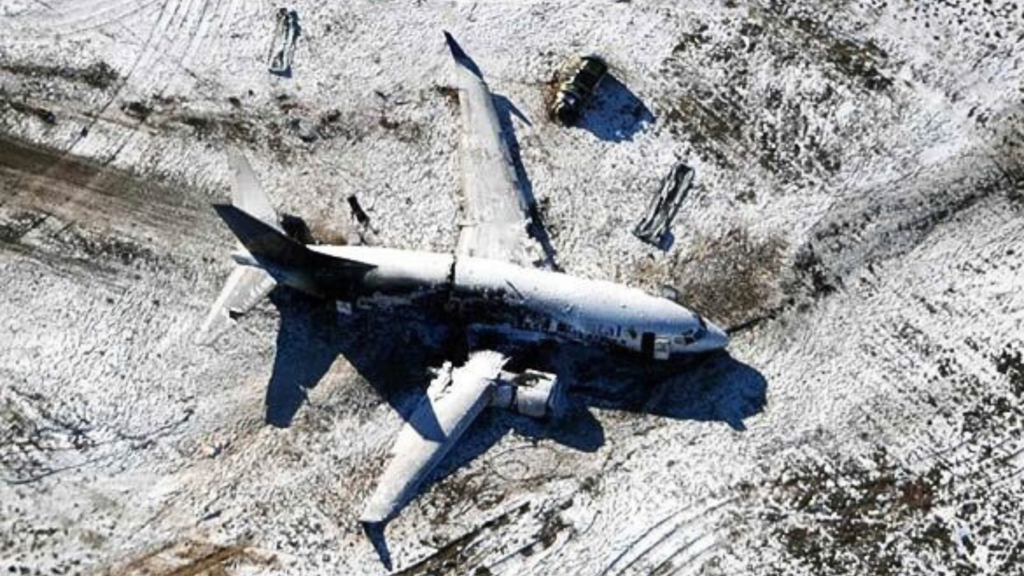
However, current events show that Airbus is not immune to the broader challenges facing the industry. Despite Boeing’s setbacks, Airbus has not seen a significant increase in orders during the air show, indicating that the problems facing the market extend beyond the rivalry between the two industry giants.
How Many Orders Does Airbus Have?
Although Airbus had high hopes going into the air show, the results ultimately fell below expectations. In comparison to previous years, the company generated a fairly modest number of orders. The reduction in orders highlights a generalized caution exhibited among airlines and other buyers due to their own operational and financial challenges.
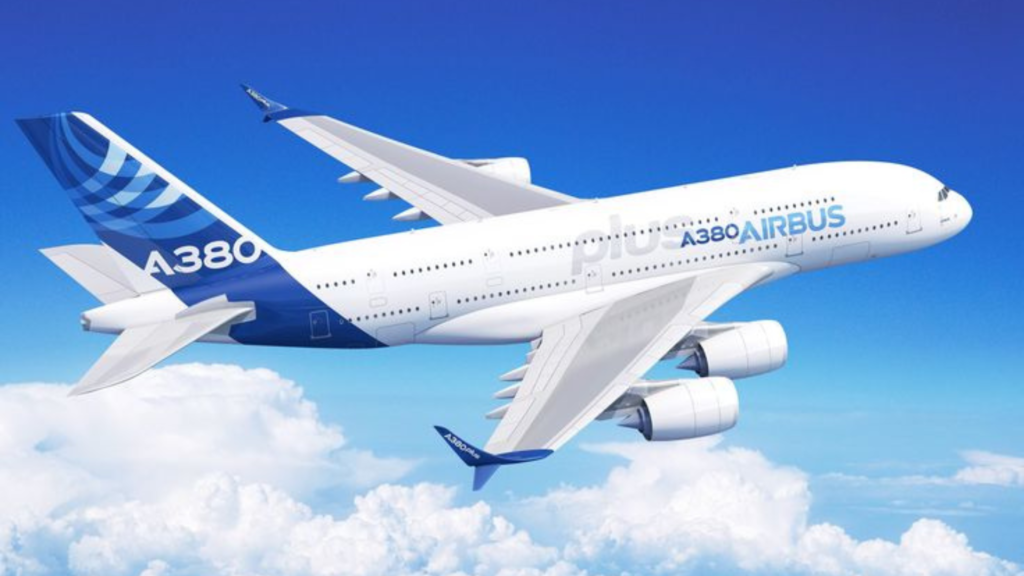
The precise quantity of orders Airbus got was much less than analysts in the industry had predicted, indicating a general reluctance to commit to new planes in the face of a continuous supply chain and economic uncertainty.
ALSO READ: Boeing Appoints Aerospace Expert Robert Ortberg as New CEO To Replace Dave Calhoun
What Is the Largest Air Show?
The biggest and most prestigious air show in the world is considered to be the Paris Air Show, which takes place every two years at Le Bourget Airport. Aerospace companies use this event as an essential platform to showcase their most recent innovations, secure deals, and set standards for this industry.

Thousands of exhibitors and attendees from all over the world, including important players in the aerospace industry, military delegations, and major airlines, attend the exhibition. For all its grandeur and historical significance, the 2024 edition focused more on the industry’s current struggles than its past accomplishments.
Does Boeing Have Supply Chain Issues?
Yes, Boeing’s production and delivery timetables have been impacted by serious supply chain problems. The business has encountered several difficulties, ranging from finding raw materials to delays in part delivery from suppliers. The COVID-19 pandemic’s aftereffects, which have taxed labor availability and logistics, have made these disruptions worse.
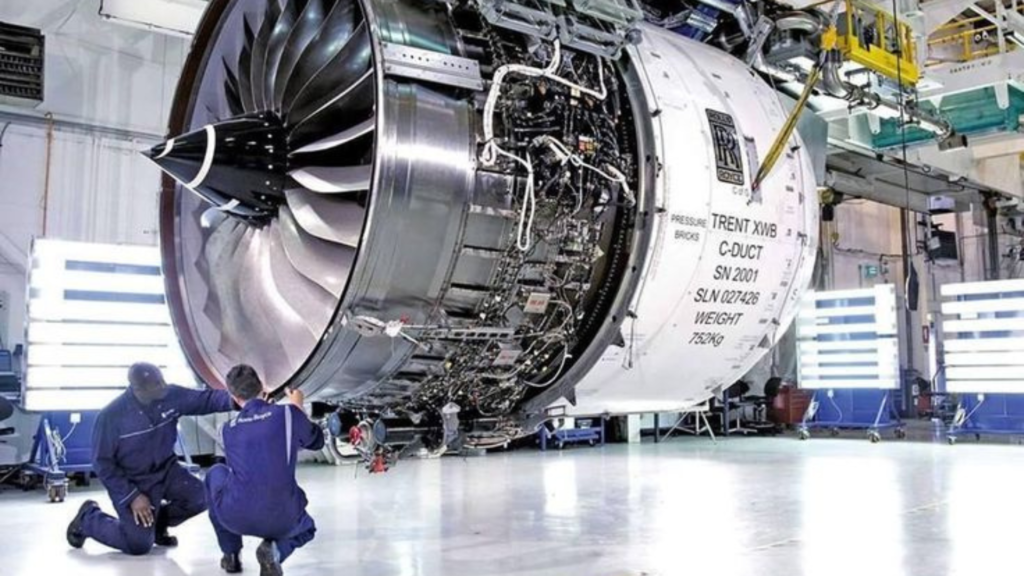
The impact has also been felt by Boeing’s shares, whose fluctuations reflect investor concerns about the company’s capacity to tackle these persistent supply chain bottlenecks.
Impact on Boeing Stock
Owing to the continuous difficulties in the supply chain and the general slowdown in orders, Boeing’s stock has experienced volatility. Investors are keeping a close eye on the business’s capacity to stabilize its distribution and production processes. While the air show usually serves as a confidence booster for the industry, the muted response has done little to alleviate investor concerns.

Boeing’s performance has been clouded by supply chain problems, which impact the company’s growth prospects in the short and long term.
Airbus: A Mixed Bag
Airbus has maintained a slightly more positive perspective despite experiencing comparable supply chain difficulties. The company has been able to maintain a more consistent production line because of its reasonable effectiveness in managing its supplier relationships and logistics.
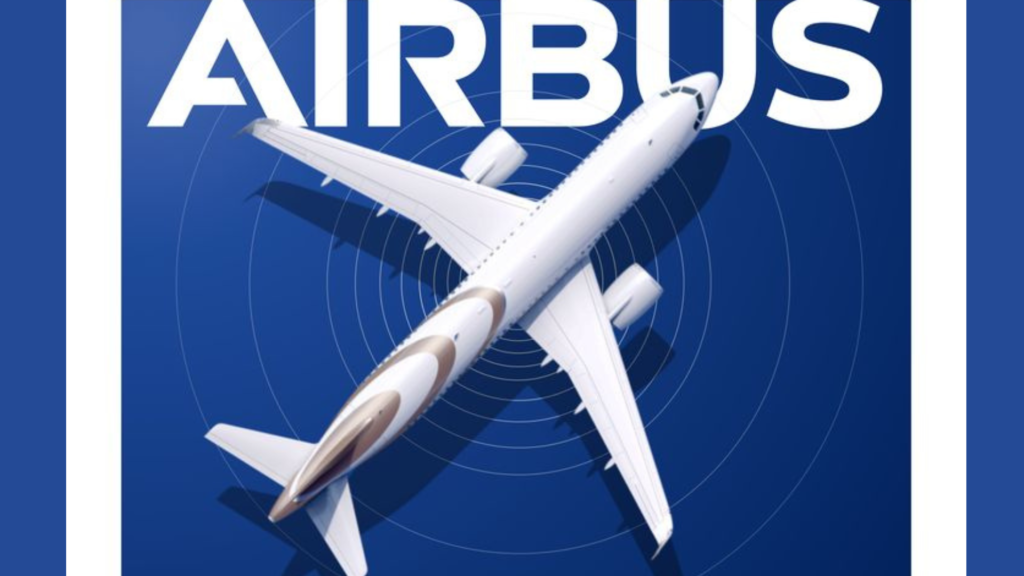
The lower-than-expected orders at the air show, however, suggest that Airbus is not immune to the wider issues facing this industry. The market’s hesitation has been a major obstacle for the company, but its efforts to innovate and launch new models have been greeted with cautious hope.
The Role of Supply Chain in Aerospace
The aerospace supply chain consists of a complex and multilayered network of suppliers, each tier in charge of crucial components. Any level of disruption can have a ripple effect on the entire manufacturing process, resulting in higher costs and delays.
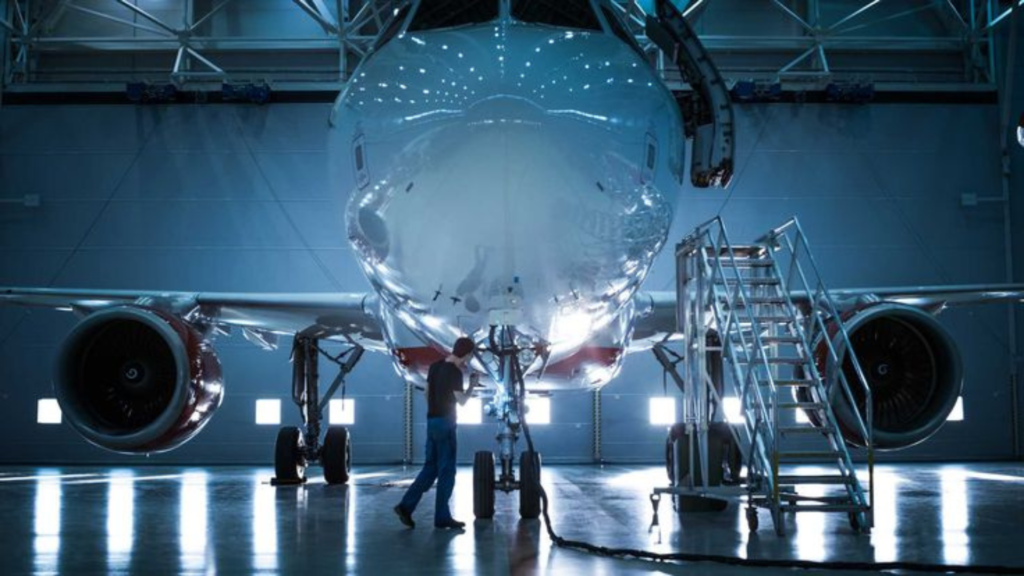
So, in order to fulfill delivery commitments and uphold consumers’ trust, Boeing and Airbus must effectively manage this supply chain. The difficulties we face today highlight the value of robust supply chain plans and the necessity of ongoing logistics and supplier management improvements.
Strategies to Mitigate Supply Chain Issues
Airbus and Boeing are both developing plans to mitigate supply chain disruptions. These include broadening the range of suppliers they work with, investing in digital technologies for supply chain management, and improving collaboration with key suppliers.
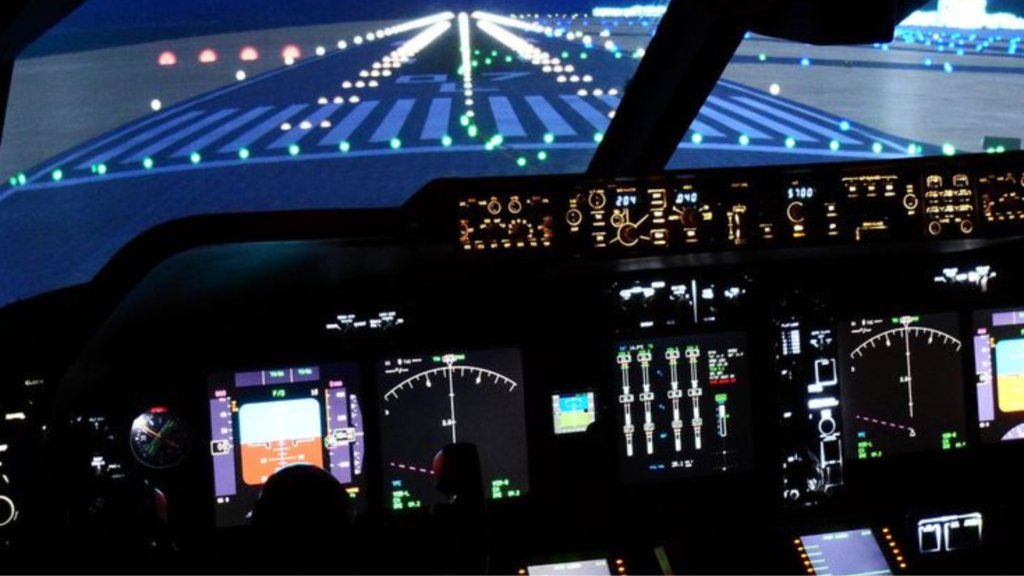
Both businesses are also investigating the use of new production methods like 3D printing to lessen their reliance on conventional supply networks. The goal of these initiatives is to create supply chain networks that are more resistant to shocks and disruptions in the future.
ALSO READ: Man Purchased Lifetime Flight Pass in 1990. Here’s His Story Now
Future Outlook for Boeing and Airbus
It’s still unclear what Boeing and Airbus’s future holds, and supply chain problems are probably not going away anytime soon. To increase their resilience and competitiveness, both businesses are concentrating on long-term plans.
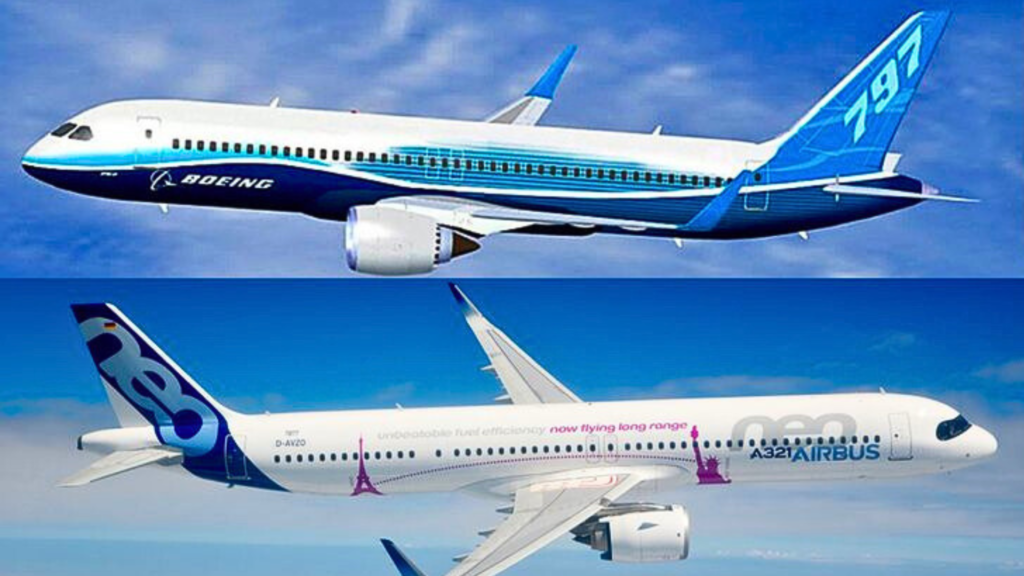
As part of its attempts to rebuild consumer trust in its goods, Boeing is placing a greater focus on safety, quality, and transparency. Airbus, on the other hand, is introducing new models and technology in response to changing market demands by utilizing its innovation capabilities.
Customer Expectations and Market Dynamics
Consumer demands for aircraft efficiency, dependability, and sustainability are changing due to airline and passenger demands. Boeing and Airbus must match their product offerings to these standards to satisfy the operational and financial demands of their airline customers.

The marketplace is made more complicated by market dynamics, which include changes in passenger preferences and travel patterns. As both businesses work to keep their leading positions, their capacity to foresee and adapt to these developments will be essential.
Navigating the Future
Boeing and Airbus’s challenges with muted orders and supply chain issues were brought to light during the biggest air show of the year. Both businesses are acting to resolve these problems and set themselves up for future expansion. There will be obstacles in the way, but there will also be chances for creativity and resiliency.

Their capacity for adaptation will determine their success. Despite the challenging current circumstances, prospects for the future remain positive if supply chain resilience, technological innovation, and customer satisfaction are prioritized.
You Might Also Like:
Walmart Slashes Price on $130 Rolling Utility Cart to $35—Shoppers Says It’s ‘Helpful in Organizing’
Delta CEO Reports $500 Million Loss Due to CrowdStrike-Microsoft Outage
Should You Sell Your Coins at a Coin Shop or on eBay?
Man Purchased Lifetime Flight Pass in 1990. Here’s His Story Now

